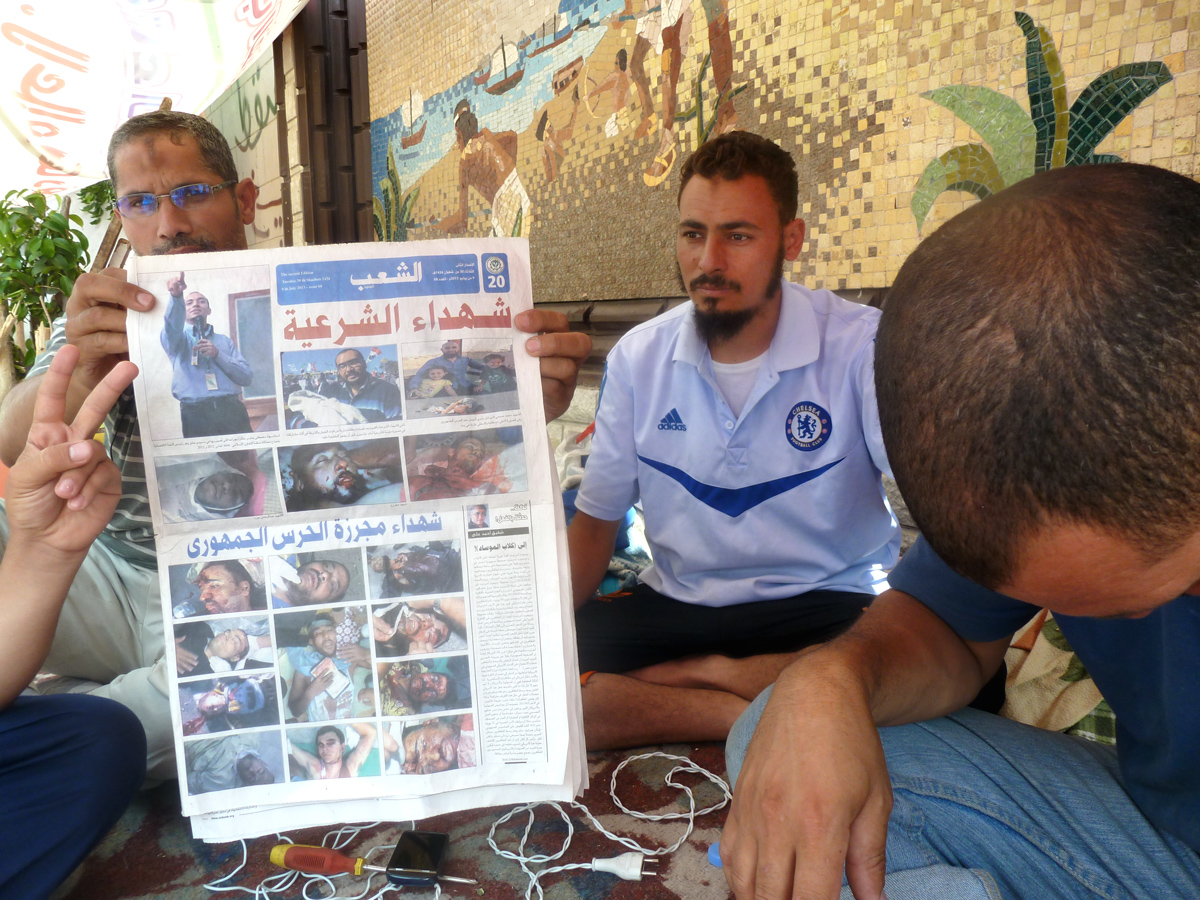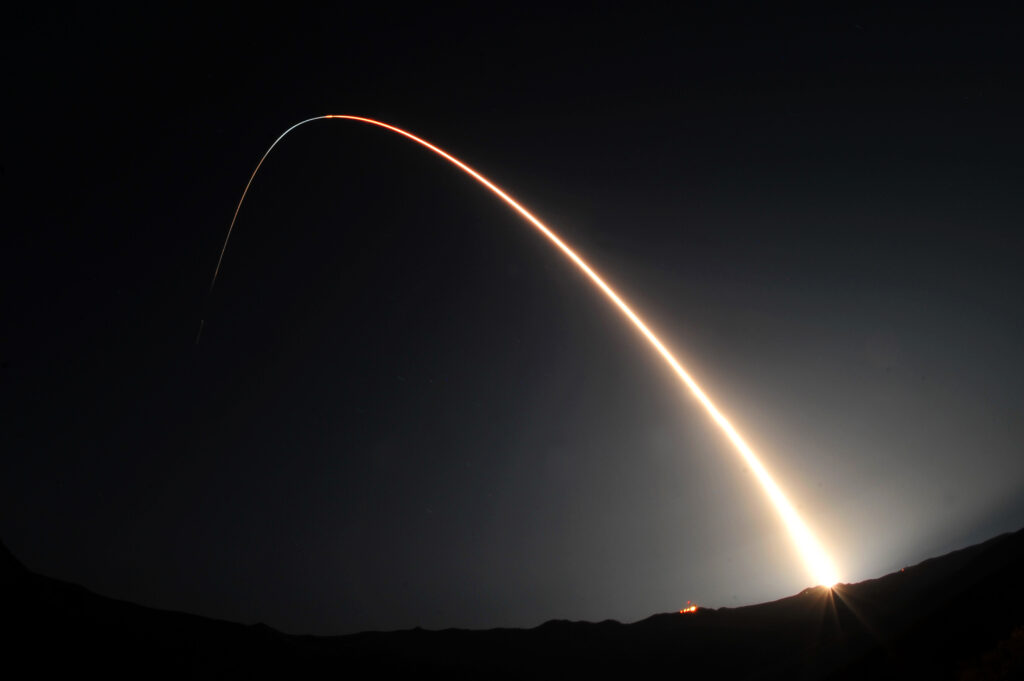
As General Al-Sisi seeks to become Egypt’s next president, it seems likely that the Muslim Brotherhood will face further crackdowns. While the Muslim Brotherhood certainly is an organization that should draw suspicion – especially after its poor performance while leading Egypt briefly under President Morsi – the military-backed government’s harsh treatment is likely to incite greater internal conflict.

Before discussing the potential effects of this crackdown, it is necessary to touch upon the history of the Muslim Brotherhood. First, in the past, the Muslim Brotherhood has used violence to advance political objectives. By the late 1940s, a division of the Muslim Brotherhood named the “Special Apparatus” committed violent acts against British occupiers to force a withdrawal. After the British exited Egypt, the Brotherhood faced persecution under Egyptian Presidents Nasser and Sadat. Since then, the Muslim Brotherhood has recognized the benefits of maintaining a low political profile and focusing on developing a social services apparatus to gain grassroots support. As the Brotherhood’s desire to gain political influence increased, the Brotherhood began to denounce violence and promote politically expedient ideas, such as equality for all Egyptians. Before assuming control, the Muslim Brotherhood actively de-emphasized its Islamist ideology in favor of democratic norms to gain parliamentary seats. Even when parliamentary participation was restricted, the Brotherhood refrained from violence and continued to build support among the Egyptian people through its vast social services network including hospitals and schools.
Now that the Egyptian military has initiated a total crackdown on the group, including the Muslim Brotherhood’s well-developed and non-political social service infrastructure, the Brotherhood is left with no political voice. I, and many area experts, believe that political silencing combined with a violent crackdown by government officials will drive elements of the Muslim Brotherhood to terrorism. If so, Egypt is vulnerable to greater instability, since the Muslim Brotherhood maintains a sizeable membership and influence. Although the Muslim Brotherhood may represent a threat to social order during the current political transition, utilizing violent suppression is unjust and shortsighted.
The views expressed by the author do not necessarily reflect those of the Glimpse from the Globe staff and editorial board.







